The world of beauty is constantly evolving, and with the rise of social media, beauty influencers have become the new trendsetters. They showcase their latest makeup looks, fashion finds, and tips on platforms like TikTok and Instagram, shaping the perceptions of millions. But these influencers wield a powerful tool: are they a source of inspiration or pressure for their audience?
TikTok Influencers: Short-Form Inspiration on the Rise
TikTok, the bite-sized video haven, has become a hotbed for beauty trends. With lightning-fast transitions, catchy tunes, and captivating visuals, TikTok beauty influencers can ignite viewers’ interest in new makeup techniques and vogue-ish styles in seconds. Creators like Mikayla Nogueira and Meredith Duxbury, along with countless others, showcase a diverse range of beauty styles, empowering viewers to embrace their unique looks and personalities.
However, the pressure to replicate viral trends can be overwhelming. The constant barrage of flawless looks and quick transformations can create unrealistic beauty standards, leading to feelings of inadequacy and insecurity.
Instagram Models: Curated Perfection or Relatable Reality?
Instagram has long been a platform for showcasing fashion, beauty, and even hair styling. The models there often present meticulously curated images, featuring flawless makeup, designer outfits, and perfectly coiffed hair. While they can inspire viewers with their style, techniques, and creative hair hacks, the disconnect between their edited reality and everyday life can create unrealistic expectations. It’s crucial to remember that these images are often the product of professional photographers, lighting, editing tools, and potentially even extensions or wigs.
It’s crucial to remember that Instagram models often benefit from professional photographers, lighting, and editing tools.
Makeup: Artistic Expression or Product Pushers?
Makeup is a form of artistic expression, allowing individuals to enhance their features and unleash their creativity. Many beauty influencers share their makeup routines and product recommendations, offering valuable tips and tricks to their audience.
However, the line between genuine recommendations and product pushing can often blur. Some influencers might partner with brands to promote their products, potentially influencing their opinions and recommendations.
Fashion: Inspiration or Consumerism?
Fashion influencers showcase their personal style and inspire viewers to explore their own. They can introduce new trends, curate outfit ideas, and offer tips on building a wardrobe that reflects personal taste.
However, the relentless pursuit of the latest trend can lead to excessive consumerism and a sense of needing to constantly update one’s wardrobe. It’s important to remember that fashion should be a form of self-expression, not a pressure to conform.
Navigating the Influencerscape: Finding Trustworthy Sources
While the influence of beauty influencers can be both inspiring and pressurizing, understanding this dynamic is crucial for navigating the influencerscape responsibly. Here are some tips:
- Follow a diverse range of influencers: Look for influencers who represent different body types, ethnicities, ages, and styles. This creates a more realistic and inclusive representation of beauty.
- Focus on the inspiration, not the pressure: Be inspired by the creativity and skills of beauty influencers, but don’t feel pressured to replicate their every look or purchase everything they recommend.
- Do your own research: Don’t blindly trust every recommendation. Research products and trends independently before making purchase decisions.
- Remember, it’s not real life: Be aware that many beauty influencers edit their photos and utilize professional tools. Their reality is not an accurate representation of everyday life.
Most Trusted and Most Problematic Beauty Influencers
It’s important to understand that not all beauty influencers are created equal. Some have built a reputation for their genuine recommendations and positive influence, while others have faced criticism for promoting unrealistic beauty standards or engaging in unethical practices.
Trusted Influencers:
- Huda Kattan: Founder of the popular makeup brand Huda Beauty, known for her focus on inclusivity and high-quality products. Her brand offers a wide range of shades and caters to diverse skin tones and features.
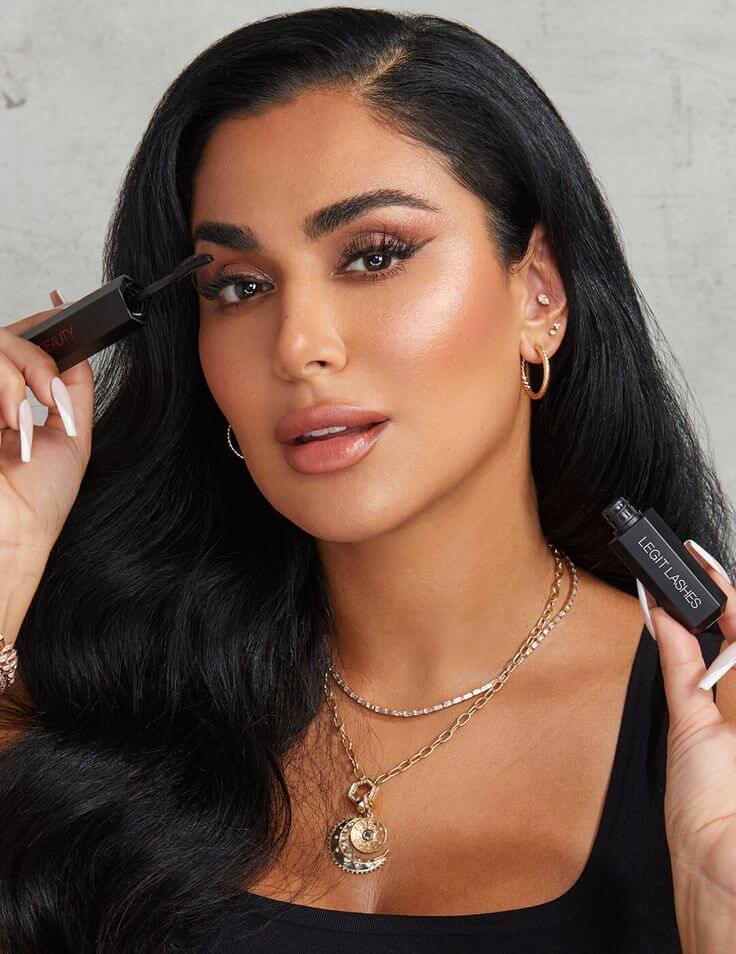
- Monica Ravichandran: A beauty blogger and content creator who is lauded for her honest and informative reviews. She provides in-depth analysis of products, highlighting both their strengths and weaknesses, allowing viewers to make informed decisions.
Problematic Influencers:
- Influencers promoting unrealistic beauty standards: Certain individuals have faced criticism for perpetuating unrealistic beauty ideals through excessive editing and promoting unattainable goals.
- Influencers involved in product controversies: Some influencers have been involved in controversies related to promoting ineffective or even harmful products due to undisclosed brand partnerships.
FAQs: Beauty Influencers and You
1. How can I tell if a beauty influencer is trustworthy?
Look for influencers who:
- Showcase diverse beauty standards: Follow creators representing various ethnicities, body types, and ages.
- Prioritize genuine recommendations: Opt for influencers known for honest reviews and critiques, not just product promotions.
- Offer educational content: Seek creators who share techniques and knowledge beyond just showcasing finished looks.
- Maintain transparency: Be wary of influencers who heavily edit photos or don’t disclose brand partnerships.
2. How can I avoid feeling pressured by beauty influencers?
- Focus on the inspiration, not the pressure: Appreciate their creativity and skills without feeling obligated to replicate every look.
- Curate your feed thoughtfully: Follow a diverse range of influencers who promote self-acceptance and realistic beauty standards.
- Do your own research: Don’t blindly trust every recommendation. Research products and trends independently before purchasing.
- Remember, it’s not real life: Be mindful that influencers often use editing and professional tools. Their online persona isn’t a reflection of everyday life.
3. Can beauty influencers be a positive force?
Absolutely! They can:
- Offer valuable tips and tricks: Learn new makeup techniques, skincare routines, and hairstyling tips.
- Promote self-expression and creativity: Discover new ways to express yourself through your aesthetic and makeup.
- Champion inclusivity and diversity: Find inspiration from creators who represent different backgrounds and beauty standards.
- Connect with a like-minded community: Engage with others who share your interest in beauty and self-care.
4. How can I use social media responsibly when it comes to beauty?
- Practice self-compassion: Focus on appreciating your unique beauty and avoid comparing yourself to others online.
- Engage critically with content: Question unrealistic portrayals and prioritize content that promotes healthy self-image.
- Take breaks from social media: Disconnect to avoid feeling overwhelmed by constant exposure to curated beauty standards.
- Use social media for positive self-expression: Share your own creativity and celebrate your individuality.
Conlusion
While beauty influencers can inspire with tips and creativity, it’s crucial to approach their content critically. They often portray unrealistic, curated realities.
To navigate this landscape responsibly, follow diverse voices, critically evaluate information, and prioritize self-acceptance. This allows you to harness the positive aspects of the beauty community while avoiding potential pitfalls and embracing your own unique beauty.
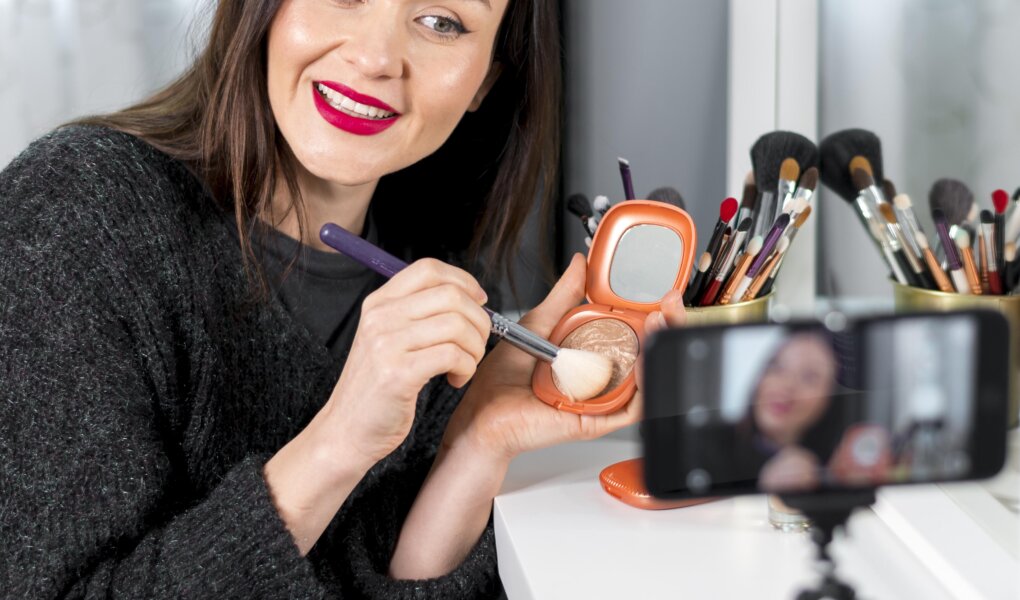

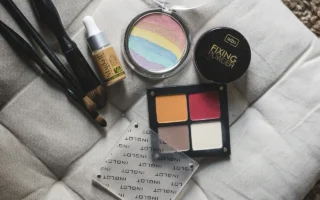
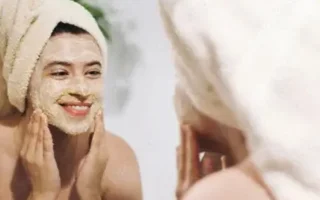
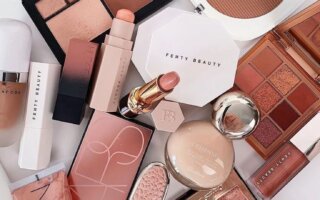
I’m thoroughly captivated by the keen analysis and stellar writing style. Your depth of knowledge shines through in every piece you write. It’s clear that you put a lot of effort into understanding your topics, and the results is well-appreciated. Thanks for providing such valuable insights.